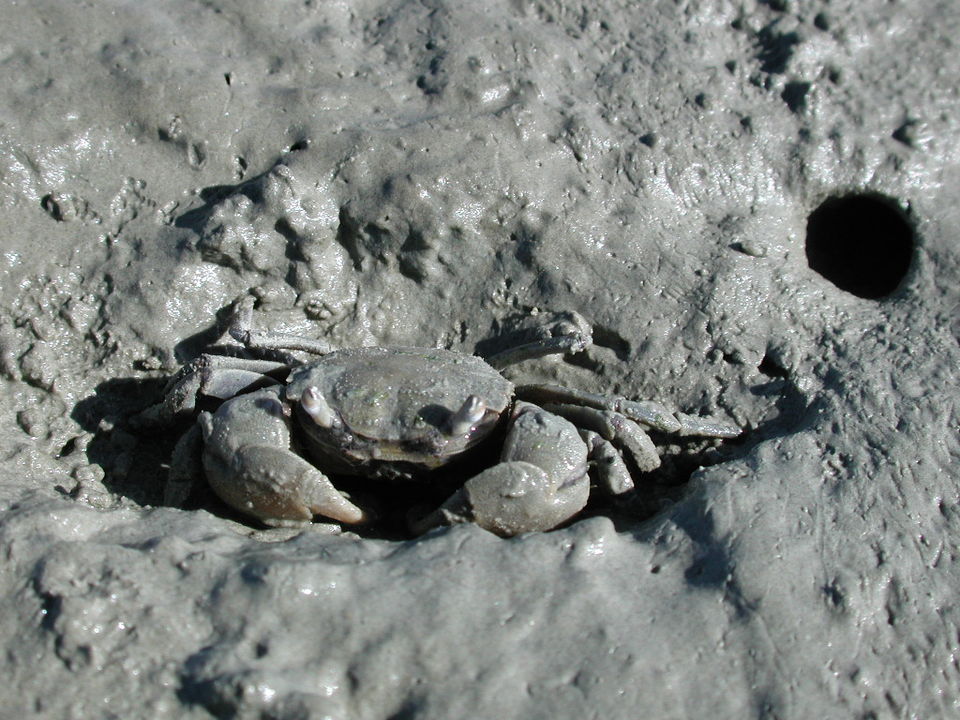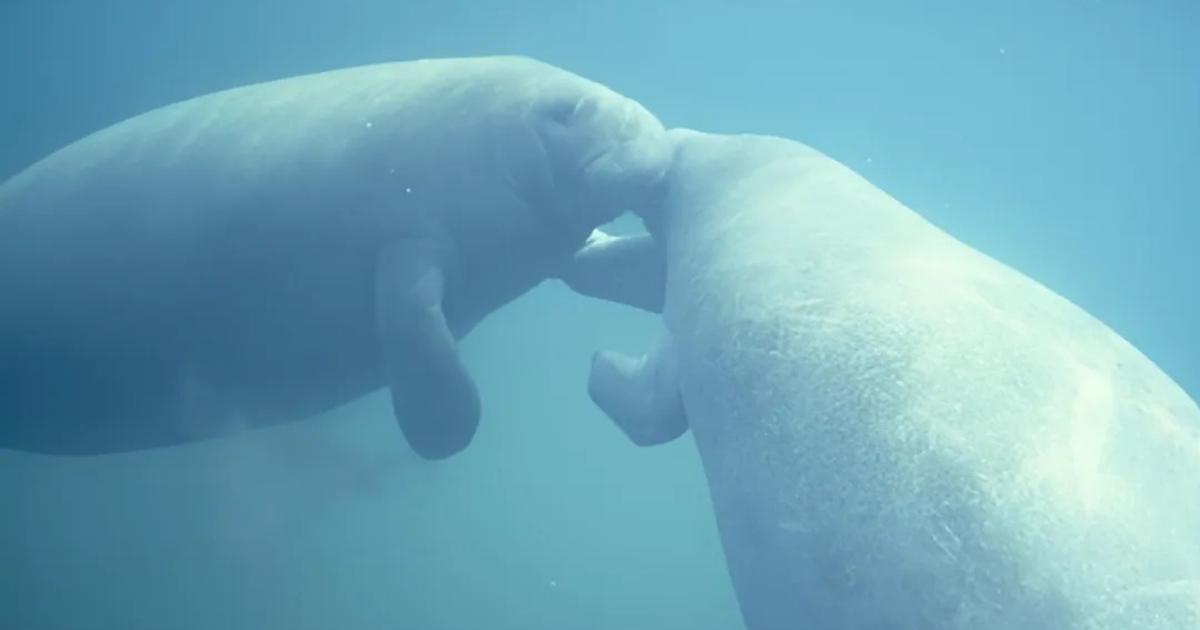A team of scientists from all over the world has discovered 866 new species living in the ocean. This effort, called the Ocean Census, is the biggest global project to find and study new ocean life. It is led by The Nippon Foundation and Nekton, two organizations that work to protect and understand the ocean.
A Stunning Array of New Marine Life

Courtesy of Ocean Census
The Ocean Census has reported the discovery of over 800 new marine species, highlighting the vast and largely unexplored biodiversity of the ocean. These findings are critical because they help scientists understand how life survives in extreme environments and how different species interact within ocean ecosystems.
Ocean Census discoveries include new species of shark, sea butterfly, mud dragon, bamboo coral, water bear, octocoral, sponge, shrimp, crab, reef fish, squat lobster, pipehorse, limpet, hooded shrimp, sea spiders and brittle stars, with discoveries transcending dozens of taxonomic groups.
The Ocean Census Mission
The Ocean Census is a massive mission that brings together over 800 scientists from more than 400 different institutions. Their goal is to learn more about marine species and to discover new ones. The ocean is one of the most unexplored parts of our planet. Scientists believe that millions of species live in the sea, but only a small percentage have been identified. This project hopes to speed up the process of finding and studying new marine creatures.
The Ocean Census has already completed 10 expeditions and held 8 discovery workshops. These expeditions take scientists to different parts of the world, from deep oceans to coral reefs. They use advanced technology, such as robotic submarines, to explore areas that humans cannot reach.
Executive Director Mitsuyuki Unno of The Nippon Foundation, a founding partner of the Ocean Census, emphasized the importance of project: “The ocean covers 71% of our planet, yet it is said that only around 10% of marine life has been discovered so far, leaving an estimated 1–2 million species still undocumented. These latest findings demonstrate how international collaboration can advance our understanding of ocean biodiversity.”
Why These Discoveries Matter
Discovering new species is important for many reasons. First, it helps scientists understand the ocean’s ecosystems. Every species plays a role in the environment, and learning about them can help us protect marine life.
The more we know about ocean life, the better we can protect our planet. Many marine species are at risk due to climate change, pollution, and overfishing. By studying them, scientists can find ways to keep the ocean healthy for future generations.
Scientists emphasize the urgency of documenting unknown marine species before they are lost forever.








